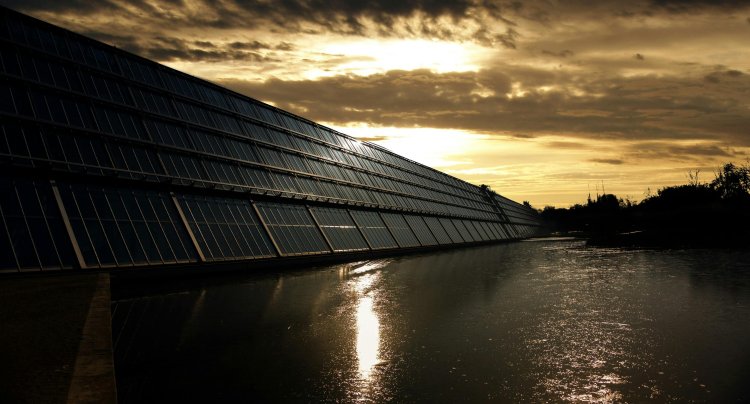Understanding the Solar Rooftop System and Its Benefits for Homeowners
The basic setup of a solar rooftop system involves photovoltaic (PV) panels, an inverter, and sometimes,

A solar rooftop system is a renewable energy solution that has become very popular among homeowners seeking to reduce their electricity bills, increase their energy independence, and contribute to a greener environment. This system uses solar panels installed on the roof of a building to harness sunlight and convert it into electricity. As the demand for renewable energy solutions continues to grow, solar rooftop systems have emerged as a feasible and economical way to produce clean energy directly from the sun.
The basic setup of a solar rooftop system involves photovoltaic (PV) panels, an inverter, and sometimes, energy storage solutions such as batteries. The PV panels absorb sunlight and convert it into direct current (DC) electricity. The inverter transforms the DC electricity produced into alternating current (AC), which is the type that is utilized in powering homes and companies. In some cases, a solar system for home may utilize a battery to store excess energy that is generated during the day in order to supplement energy at night or during cloudy days, making the system even more reliable and efficient.
The major advantage of a solar rooftop system is the saving of electricity bills. As you are generating your own electricity, you will be less dependent on grid power, especially when you are using the most during peak hours when electricity rates are high. In many areas, the government also provides incentives in the form of tax rebates and subsidies, which reduces the cost of the initial installation. In the last few years, the cost of solar technology has reduced significantly, making solar rooftop systems more accessible to homeowners looking to switch to renewable energy.
Apart from saving money, a solar rooftop system reduces your carbon footprint. Traditional power sources, such as coal or natural gas, release harmful greenhouse gases that contribute to climate change. Solar energy, on the other hand, is a clean and renewable resource that produces no direct emissions during operation. Using solar power can significantly reduce the environmental impact of homeowners and contribute to the global effort to mitigate climate change.
A solar rooftop system is also highly reliable and minimal in terms of required maintenance. The solar panels are specifically designed to hold up against rough weather conditions, and most systems last for 25 years or more and are even covered under warranty. Most of the time, maintenance only requires regular cleaning and the odd inspection to ensure efficiency. In addition, solar rooftop systems are scalable. They can be customized to meet the specific energy needs of a home. Whether a small residential property or a larger estate, the system can be designed to match the energy demands and available roof space.
Not only that, the rooftop solar system can raise the value of your property as well. Properties with installed solar panels have become more appealing to prospect homebuyers, who seek energy-efficient homes with utility bills at a minimum. The promise of an affordable source of energy and a footprint on the environment is a very enticing proposition for the current market.
The installation process of a solar rooftop system involves a site assessment by professionals who evaluate factors like roof orientation, shading, and structural integrity. Based on this assessment, a customized system is designed and installed. The process typically takes a few days, depending on the size of the system and the complexity of the installation.
A solar rooftop system, in conclusion, allows a house owner to create their own clean energy, reduces the electricity bills, and works for a sustainable future. This system is worth investment as it lasts for decades with low maintenance needs and also creates an environmental advantage. As technology continues to evolve and costs decrease, solar rooftop systems will likely become an even more attractive option for homeowners seeking to embrace renewable energy and reduce their reliance on traditional power sources.
What's Your Reaction?














